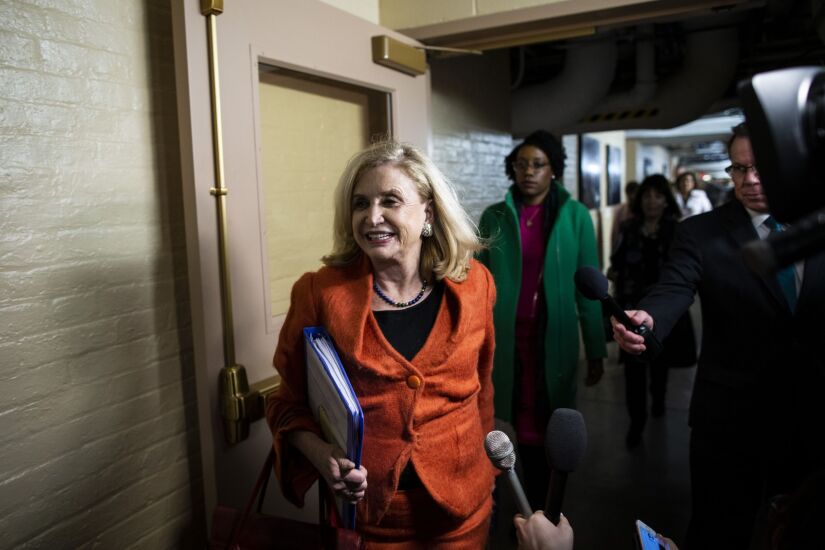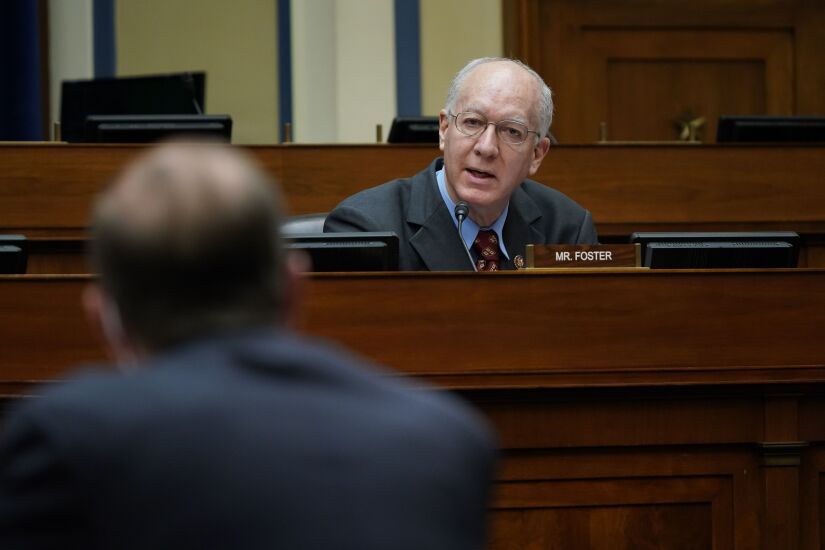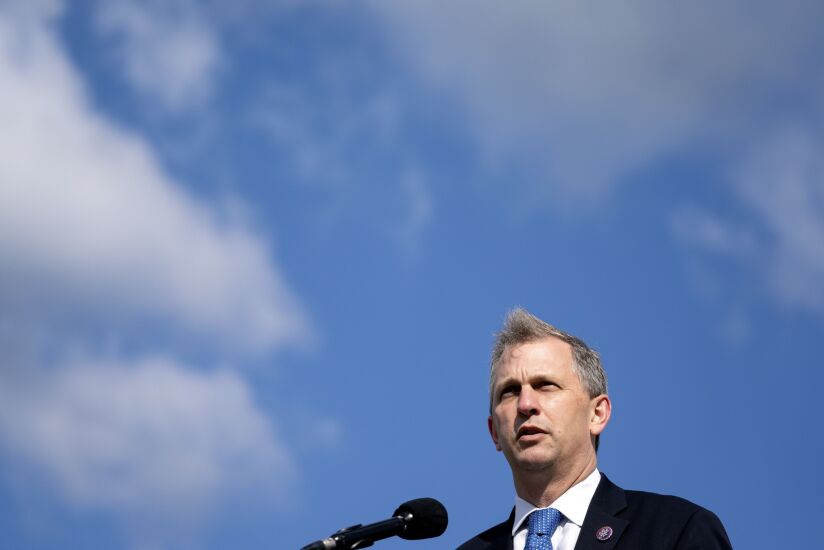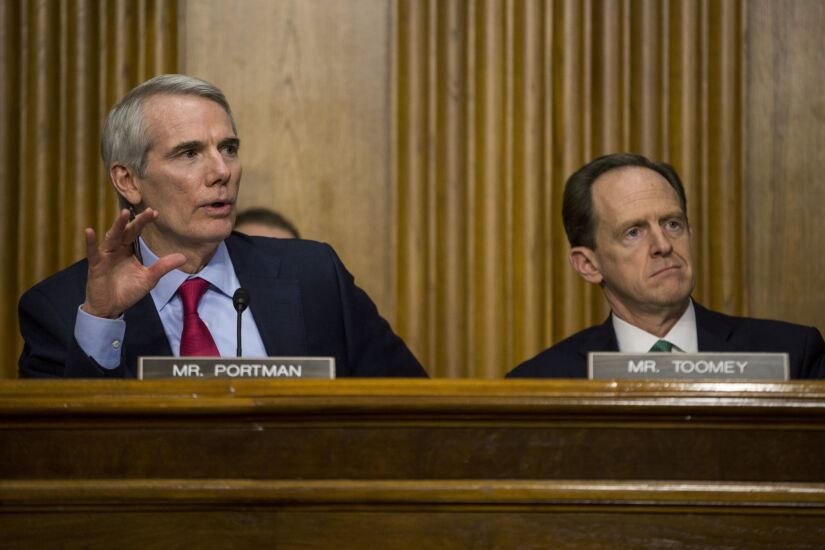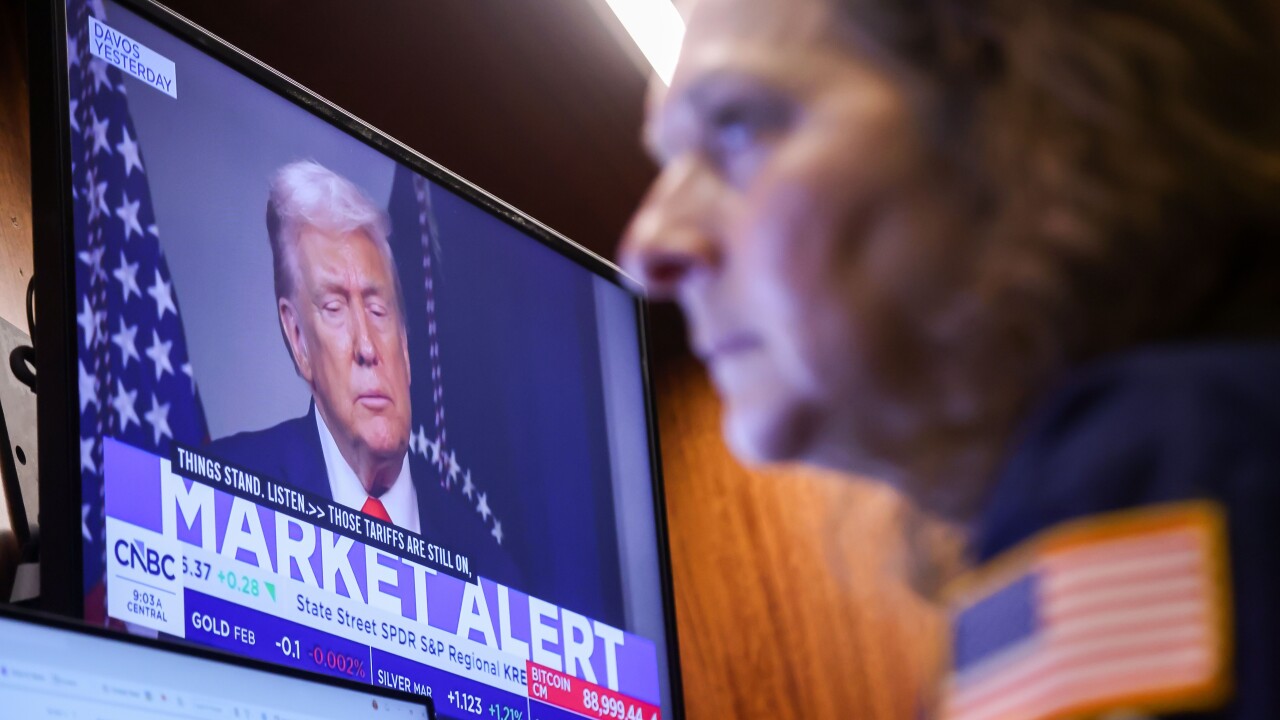WASHINGTON — Congress could be poised for a legislative shakeup in financial policy after the 2022 midterms, with key Democratic lawmakers on the House and Senate banking committees facing tough re-election contests and Republicans retiring in significant numbers.
For congressional Democrats nationwide, the electoral prospects in 2022 already appear somewhat dire. Midterm elections after the election of a new president are often
But a large number of Republicans who sit on the financial committees are headed to the exit rather than running again in 2022, including Sen. Pat Toomey, R-Pa., who is the ranking member on the Senate Banking Committee.

Outside of Toomey, much of the leadership across the financial committees is expected to stick around: Senate Banking Chair Sherrod Brown, D-Ohio, isn’t up for reelection until 2024, while Chair Maxine Waters, D-Calif. and Ranking Member Patrick McHenry, R-N.C., of the House Financial Services Committee are both considered to have safe seats heading into 2022.
But in the meantime, the members those leaders will rely on to usher in their legislative agenda — or quash their opposition — could be posed for significant churn.
What follows are six congressional contests bankers should watch closely in the months between now and November.


